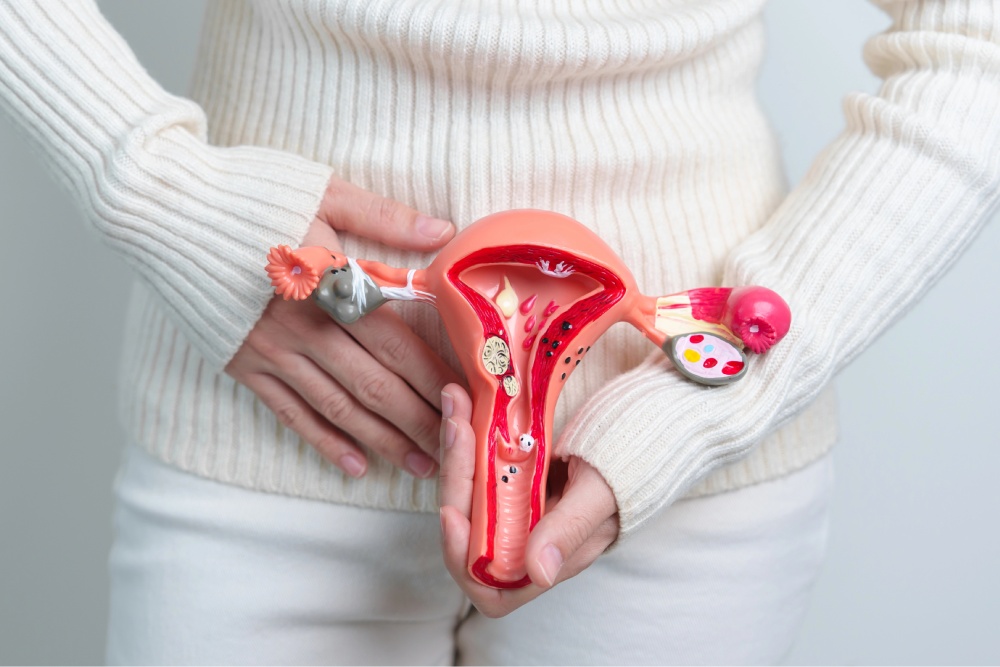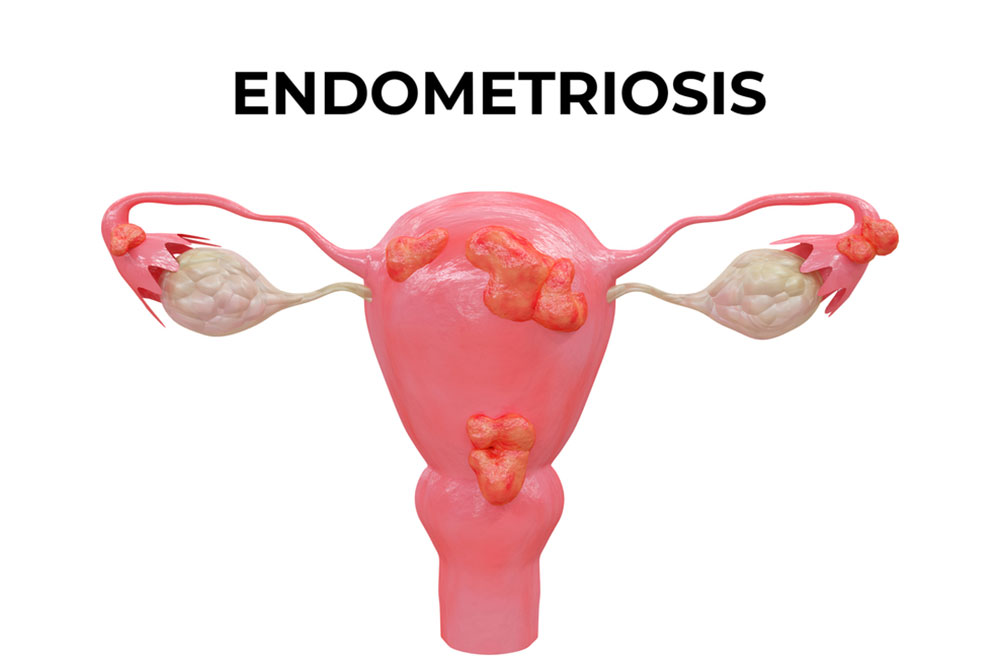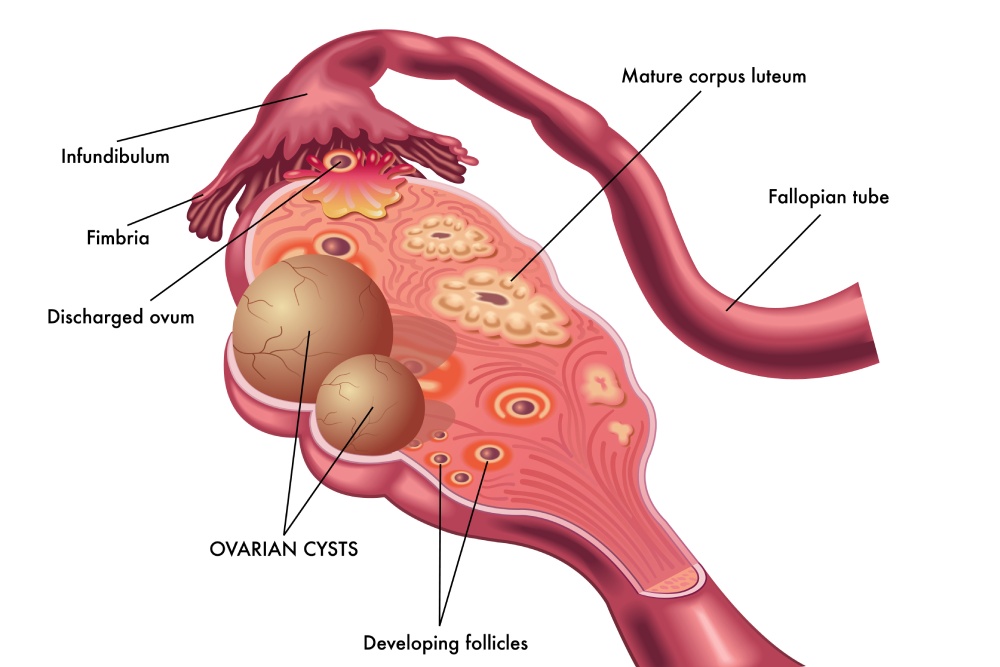
Surgical Solutions: Exploring Hysterectomy As A PCOS Treatment
Polycystic Ovary Syndrome affects millions of women worldwide, often bringing challenges like irregular periods, hormonal...
Read MoreEndometriosis is a condition that affects millions of women worldwide, often leading to chronic pain, infertility, and a diminished quality of life. Traditional endometriosis treatments have typically focused on managing symptoms through hormonal therapy or surgery. However, recent advancements offer a beacon of hope for those seeking relief from this debilitating condition.

Endometriosis occurs when tissue similar to the lining inside the uterus, known as the endometrium, grows outside the uterus. This aberrant growth can lead to severe pain, particularly during menstruation, and can form adhesions that bind organs together.
The complexity of endometriosis and its symptoms often means that diagnosis is delayed, sometimes taking up to ten years. This has spurred a significant need for better treatment options.
Historically, endometriosis treatments have included hormonal therapies, such as birth control pills and gonadotropin-releasing hormone agonists, aimed at reducing the hormonal fluctuations that can exacerbate endometrial growth.
While these treatments can be effective in managing pain, they often come with side effects and are not suitable for all patients, especially those looking to conceive. Surgical options, including laparoscopy, are available to remove endometrial tissue but are invasive and come with risks.
One of the most exciting developments in endometriosis treatments is the exploration of non-hormonal therapies. Recently, researchers have focused on the role of lactate in the development of endometriosis lesions.
A clinical trial in Scotland is investigating the use of dichloroacetate (DCA), a drug previously used to treat metabolic disorders and cancer, to treat endometriosis by reducing lactate production. Preliminary results are promising, showing reduced pain and improved quality of life in patients treated with DCA.
Dr. Andrew Horne, a leading figure in this research, emphasizes that understanding the underlying mechanisms of endometriosis is crucial for developing effective treatments. As we move forward, the potential for non-hormonal options like DCA could revolutionize how we manage this condition.
One of the challenges in treating endometriosis is the difficulty of diagnosis. Endometriosis can only be definitively diagnosed through surgery, making early detection problematic. However, advancements in biomarker research offer hope for less invasive diagnostic methods.
A French pharmaceutical company, Ziwig, has developed a test called Endotest, which detects microRNAs in saliva that are indicative of endometriosis. This innovative approach, currently undergoing a pilot scheme in France, could pave the way for earlier diagnosis and treatment, potentially reducing the need for invasive procedures and improving patient outcomes.
In addition to pharmaceutical advancements, integrative treatments are gaining recognition for their role in managing endometriosis symptoms. Techniques such as acupuncture, dietary modifications, and physical therapy are being increasingly recommended alongside traditional medical treatments.
These approaches can help reduce inflammation and manage pain, providing a holistic strategy for patients struggling with this chronic condition.
For example, dietary changes that reduce inflammatory foods and incorporate more anti-inflammatory nutrients have been shown to alleviate some symptoms of endometriosis. Similarly, physical therapy techniques that focus on pelvic floor relaxation can provide significant pain relief for many women.
Interestingly, research has revealed some connections between endometriosis and other conditions, such as breast cancer. While the exact nature of this relationship is still being studied, it highlights the need for comprehensive health monitoring in women with endometriosis.
Early detection of breast cancer through regular mammograms is crucial, and women with endometriosis should discuss their risk factors and screening options with their healthcare providers.
The field of endometriosis research is evolving rapidly, with new treatments on the horizon that promise to improve the lives of those affected by this condition. The possibility of non-hormonal treatments, better diagnostic tools, and integrative management strategies provides a hopeful outlook for the future.
As awareness grows and research progresses, we are moving closer to a time when endometriosis can be effectively managed, if not cured.
If you or a loved one is experiencing symptoms of endometriosis, don’t wait to seek help. At The Women's Center, we are committed to providing comprehensive care and the latest treatment options to improve your quality of life.
With ongoing advancements and a growing understanding of endometriosis, the future looks bright for those seeking relief. At The Women's Center, we are dedicated to offering the best in women's health services and are here to help you navigate your health journey with expert care and compassion.
Contact us today to schedule a consultation and explore how we can support you on your journey to better health.




Polycystic Ovary Syndrome affects millions of women worldwide, often bringing challenges like irregular periods, hormonal...
Read More
Ovarian cysts after menopause may seem uncommon, but they can still develop even when the...
Read More
Uterine fibroids are one of the most common benign growths affecting women. By age 50,...
Read More